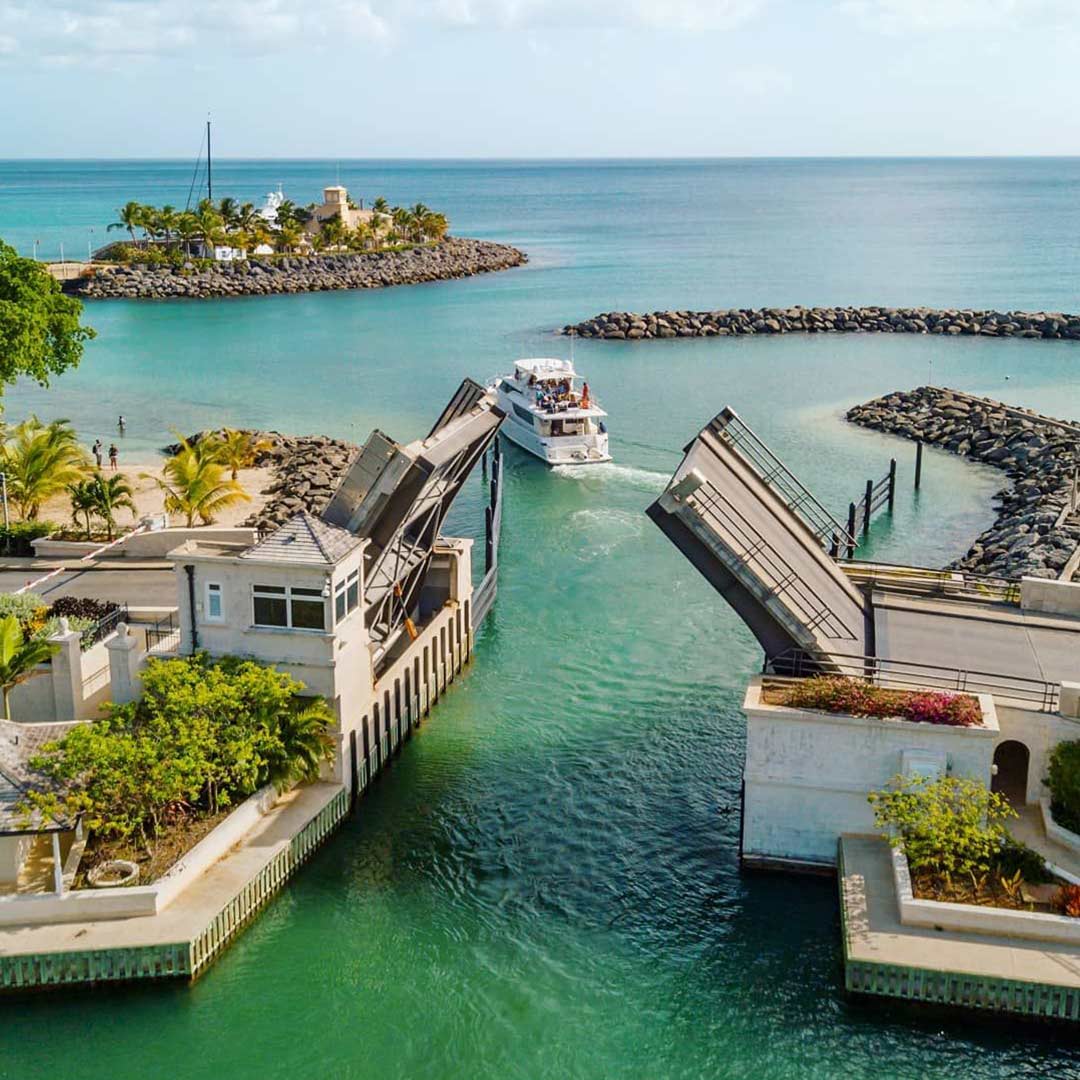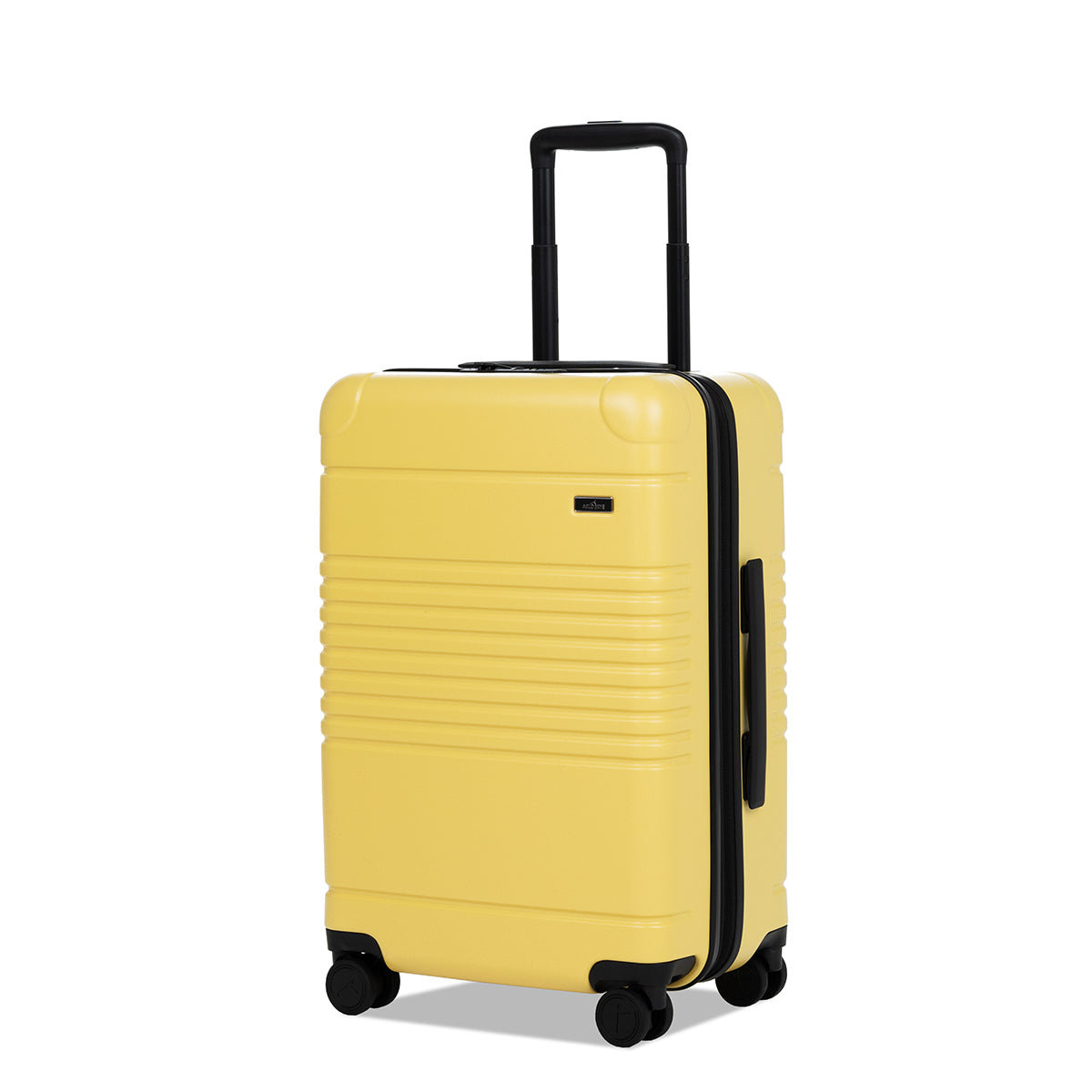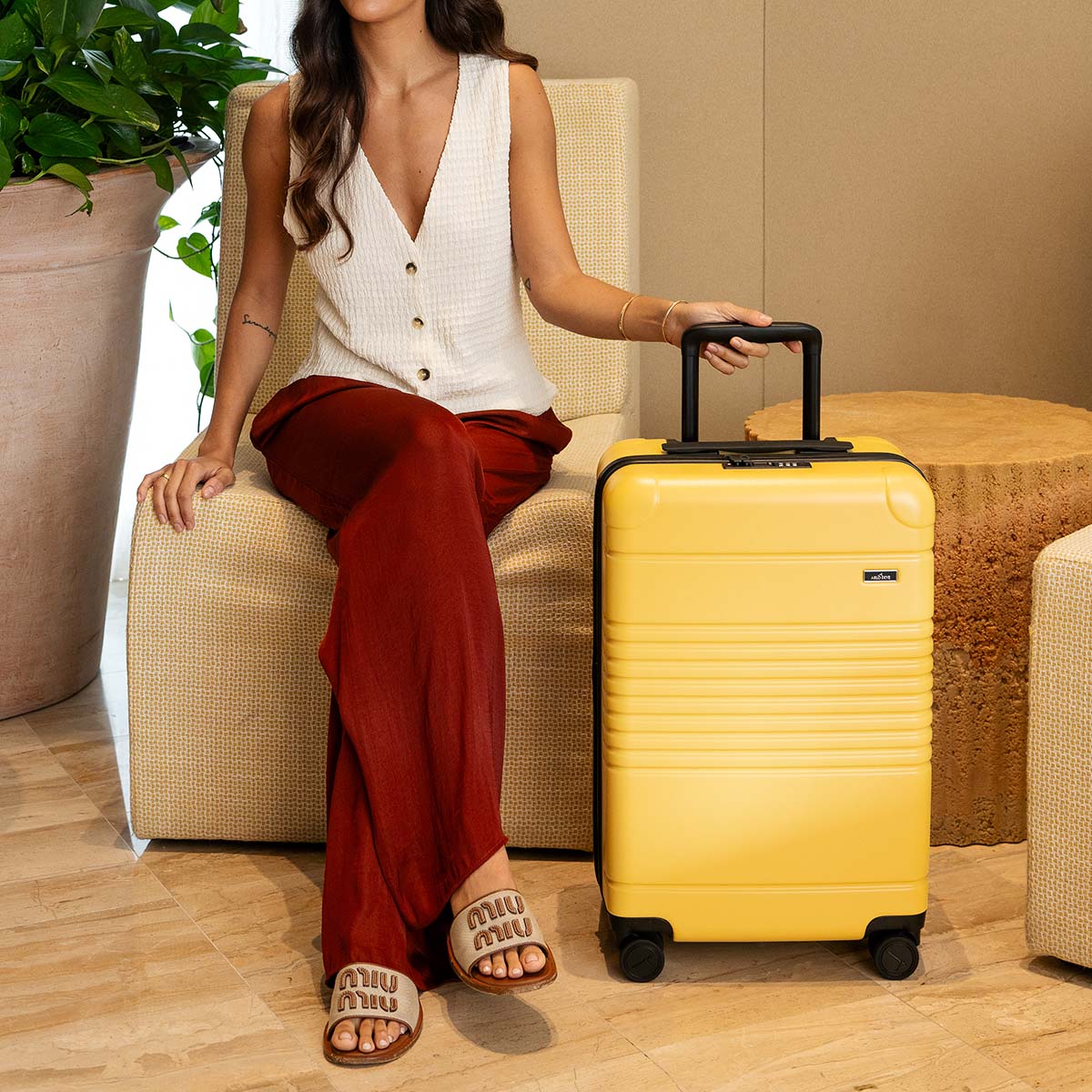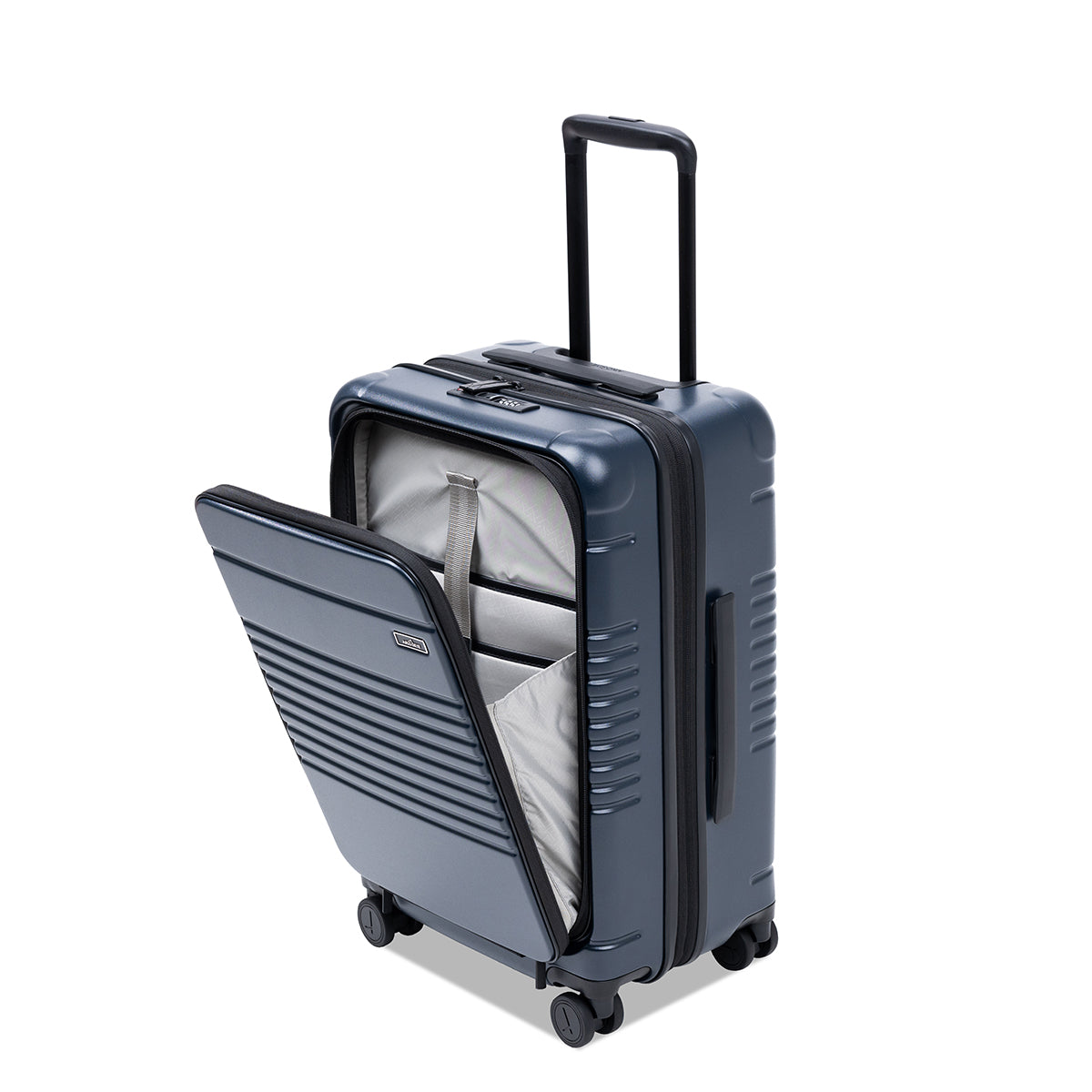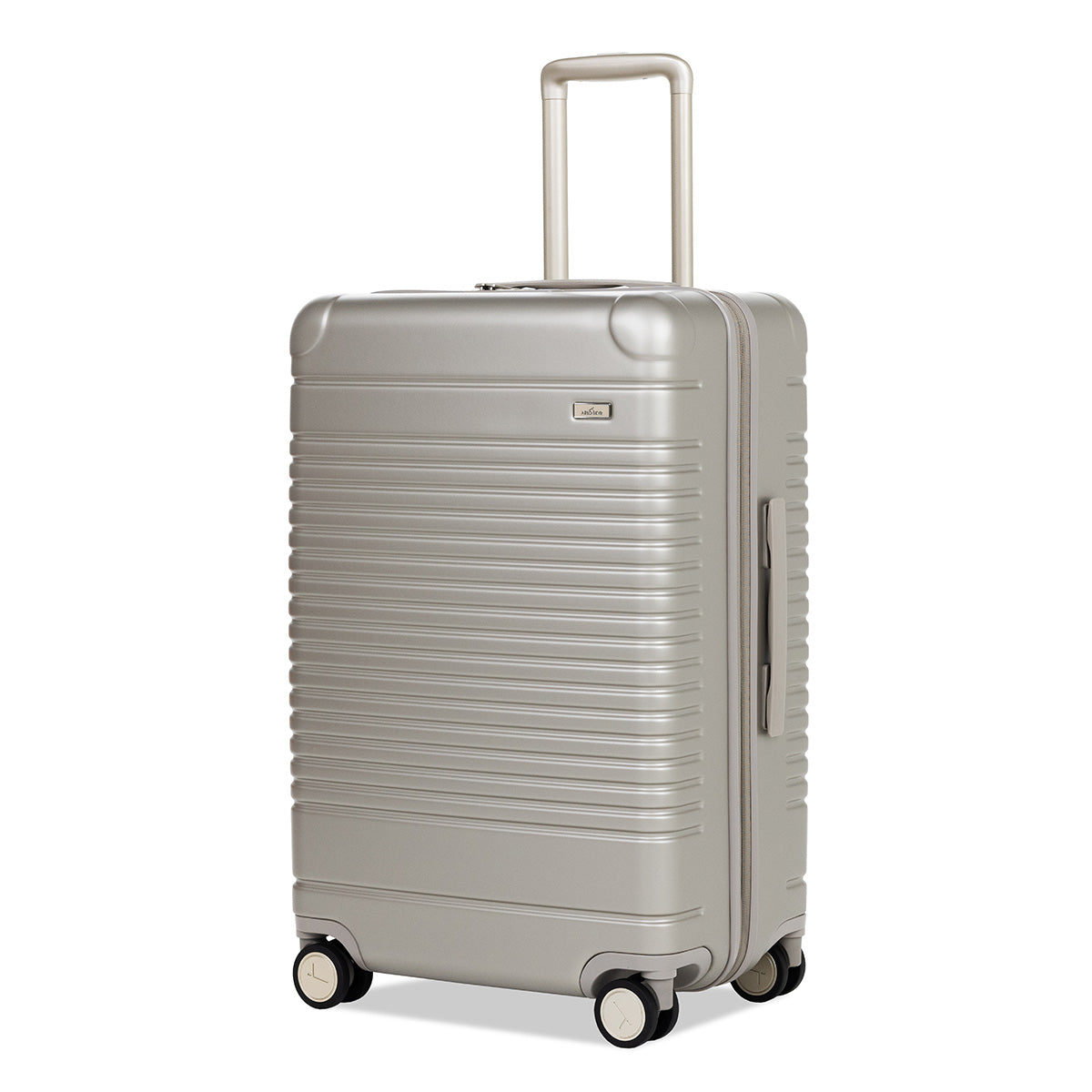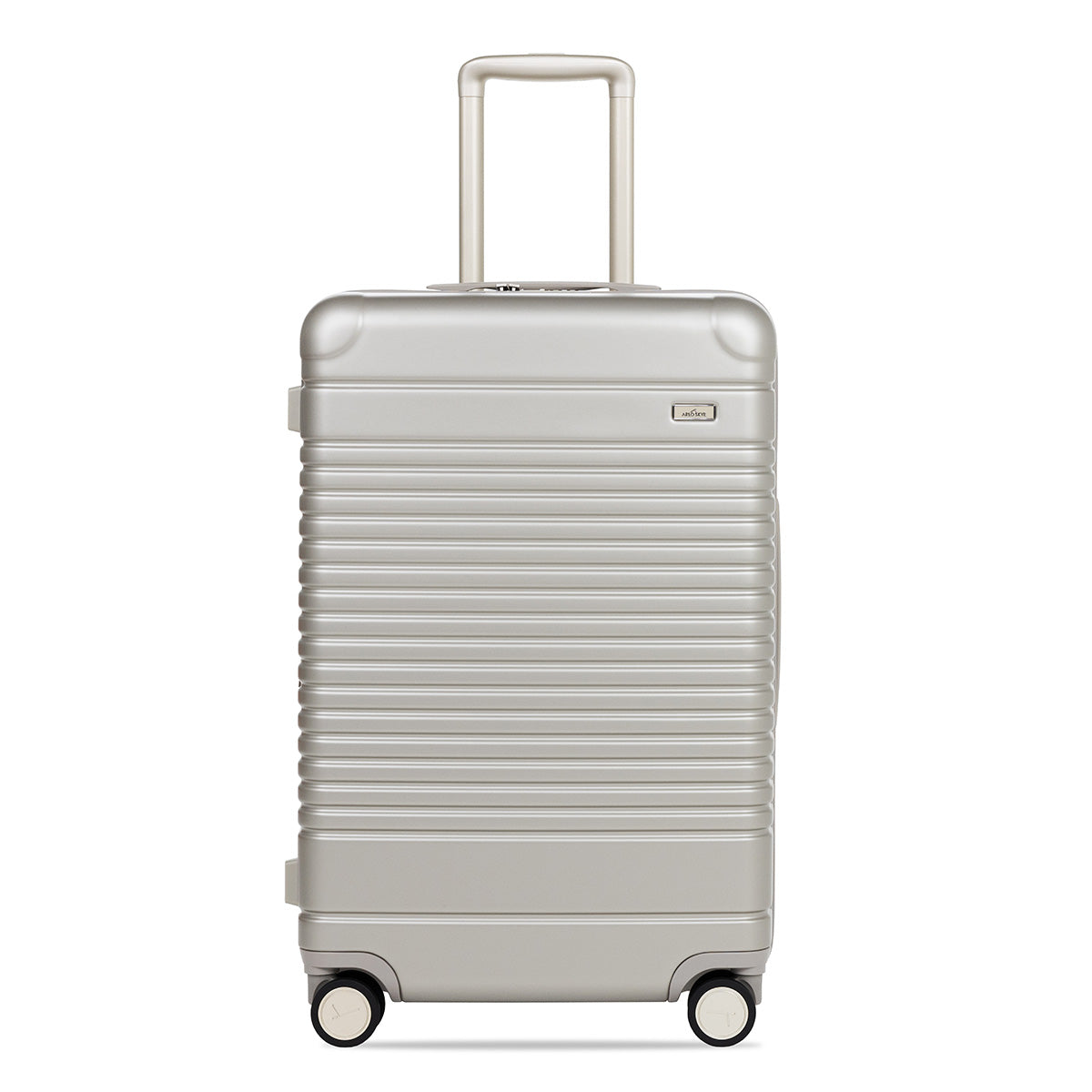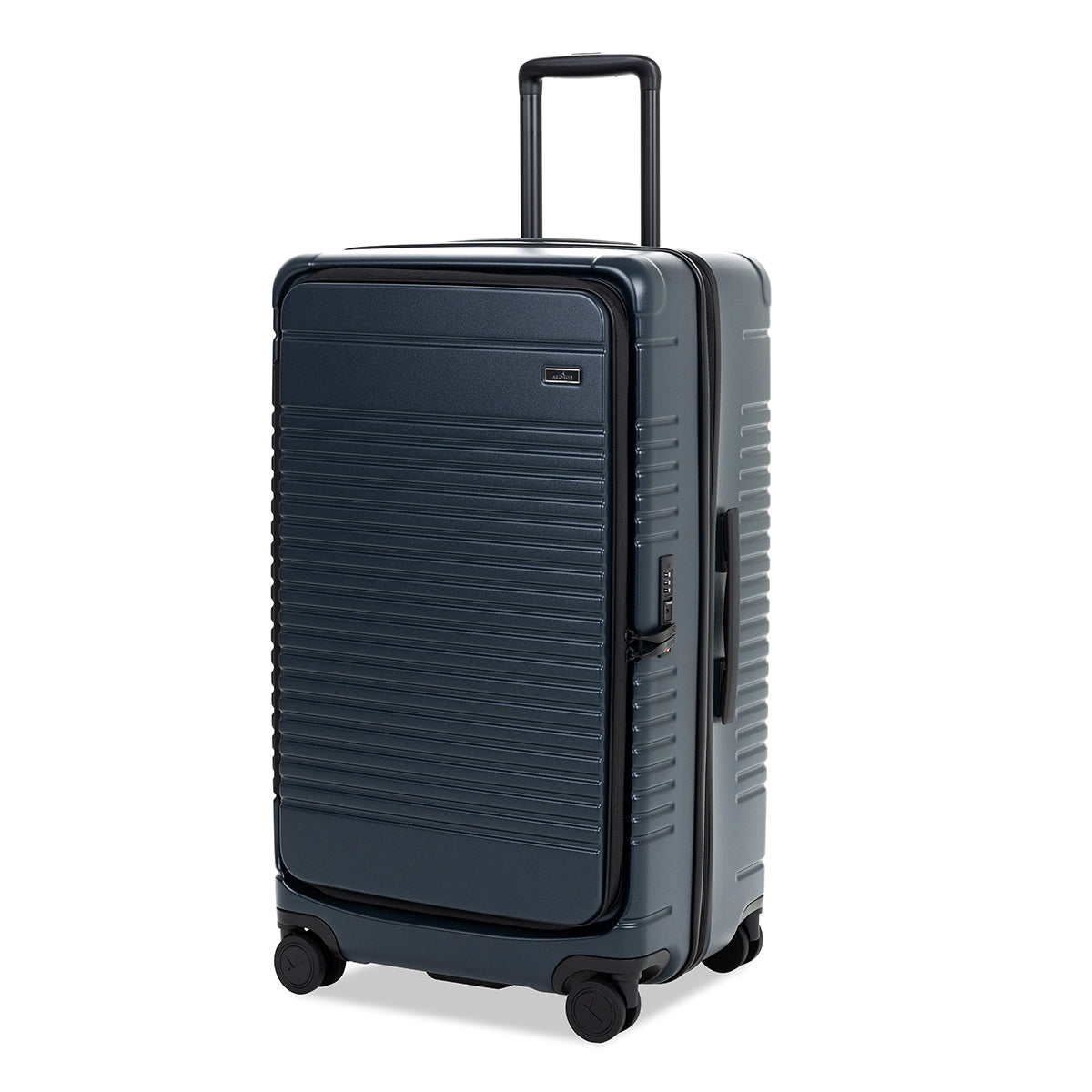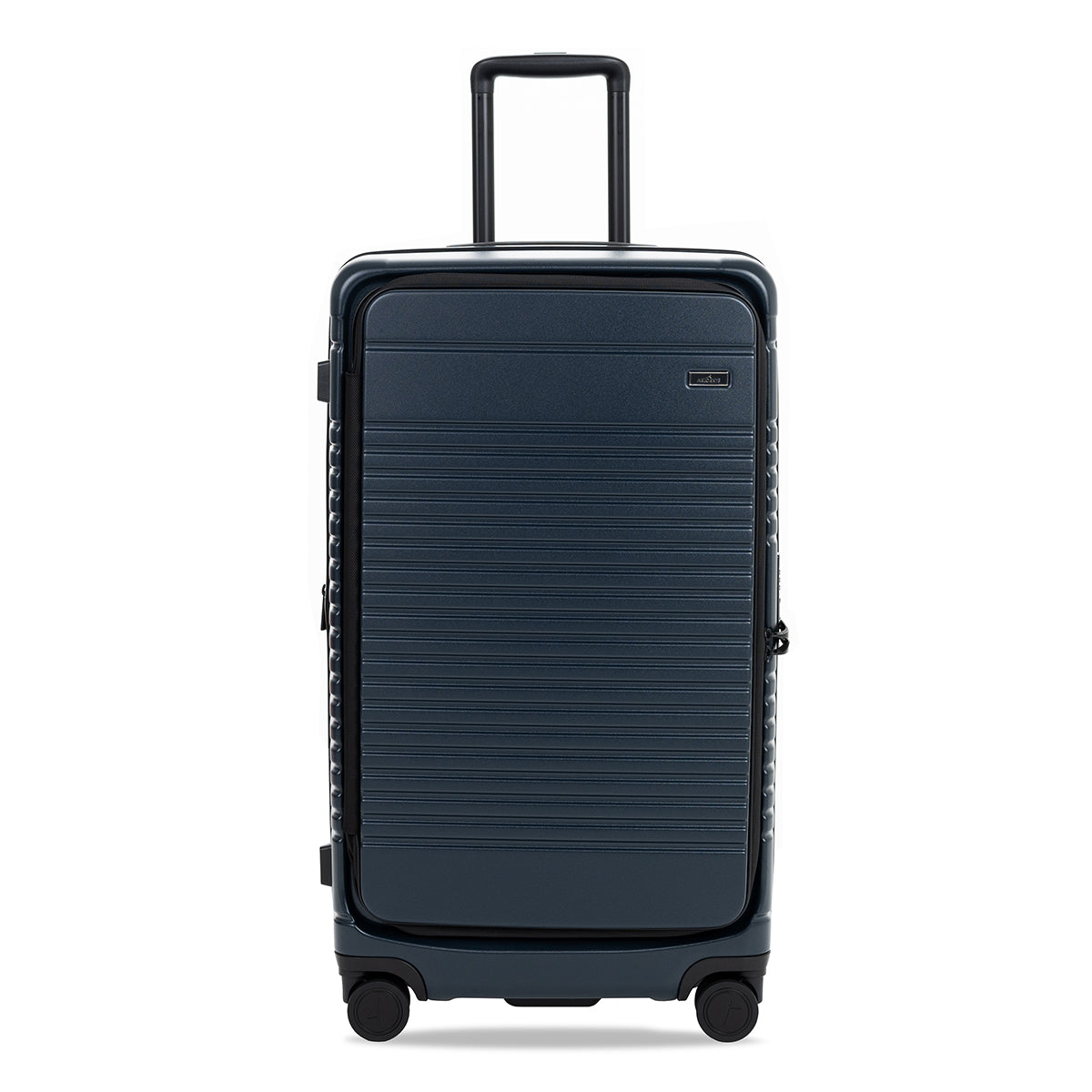The U.S. State Department Lifts Level 4 Global Health Advisory
After nearly five months, the U.S. State Department has lifted its Level 4 Global Health Advisory against international travel. The agency, in agreement with the Centers for Disease Control and Prevention (CDC), will go back to determining its advisory levels on a country-by-country basis — the method used before the coronavirus pandemic. The Level 4 advisory — which advised Americans to avoid all non-essential travel — was put in place on March 19, 2020 as the coronavirus outbreak began to impact the United States.
Despite this change, most countries officially remain off-limits for U.S. travelers. All European countries are now ranked at the "Level 3: Reconsider Travel" advisory, as are large swaths of Asia and Africa. Most of the Middle East, South America, as well as Russia and China, remain under a Level 4 advisory. Only Taiwan and Macau are currently at the lowest “Level 1: Exercise Normal Travel Precautions” advisory while 9 countries have a “Level 2: Exercise Increased Caution” alert which include New Zealand, Fiji, Thailand, Mauritius, and French Polynesia.
Before you dash off to book a holiday in Tahiti, there are a few things to keep in mind. First, the CDC continues to advise Americans against non-essential air travel as it may increase the chance of getting and spreading Covid-19. Second, most countries are not yet allowing U.S. passport holders to visit as cases in America continue to rise. Exceptions include the Caribbean nations, Croatia, Serbia, Maldives, Tanzania, Egypt, UAE, and Mexico (select states like Quintana Roo are open to visitors arriving by air only). Third, check to see if there is specific documentation required by the visiting country prior to entry. This may include proof of a negative Covid-19 test taken within 72 hours of departure and international health insurance.
Despite these international flight restrictions, U.S. airports are the busiest they’ve been in five months. The TSA said it screened nearly 832,000 people at airport checkpoints on Sunday, August 9th, the first time screenings have topped 800k since March 17. Overall air passenger levels, however, remain around 75% lower than a year ago.
New Research at MIT Suggests Odds of Catching Covid-19 on a Flight are Low
Arnold Barnett, a Professor of Management Science and Statistics at the Massachusetts Institute of Technology (MIT), recently quantified the odds of catching Covid-19 from flying. In a paper that’s yet to be peer-reviewed, he factored in several variables, including the odds of being seated near someone in the infectious stage of the disease, and the odds that the protection of masks (now required on flights) will fail. His mathematical modeling accounted for the way air is constantly recirculated and renewed in airplane cabins — which experts say makes it very unlikely you’ll contract the disease from people who aren’t in your immediate vicinity. Almost all airline fleets have high-grade High-Efficiency Particulate Air (HEPA) filters that can remove up to 99.999 percent of airborne particles including coronaviruses.
Barnett’s analysis shows that we have about a 1 in 4300 chance of getting Covid-19 on a 2-hour flight with no empty seats. If airlines leave the middle seat empty, the odds of catching the virus drop by 50% to 1 in 7700 passengers. So if you plan on traveling soon, choose your airline wisely and avoid layovers. Currently, only Delta, Southwest, and Jet Blue are blocking middle seats.
According to Bartlett’s research, the odds of dying from coronavirus contracted in flight are even lower — between 1 in 400,000 and 1 in 600,000 — depending on your age and other risk factors. Bartlett notes that those odds are comparable to the average risk of getting a fatal case from everyday activities such as visiting a grocery store.
The numbers all sound low enough, though Barnett shared with Bloomberg Opinion columnist, Faye Flam that they are still high compared to the 1 in 34 million odds your flight will end in a deadly crash. He noted that he wouldn’t fly right now because his age, 72, puts him at higher risk than the average American, and that you have to consider the added risk of potentially spreading it unknowingly.
Barbados is Accepting Applications for their 12-Month WFH Program
Barbados has officially launched a 12-month Barbados Welcome Stamp, a new visa that allows remote workers to live and work from the Caribbean country for up to a year. That means no more fake beach Zoom backgrounds. You can work from your new home with a real ocean view that would no doubt help to soothe the frustrations of Monday morning. Chairman of Barbados Tourism Marketing Inc., Sunil Chatrani, told Business Insider that "the working environment in Barbados definitely enables you to get things done," and said it has "the fastest fiber internet and mobile services in the Caribbean," as well as "a range of flexible office space locations."The application process is quick and you'll have to submit a copy of your birth certificate, passport, and passport photo. Once approved, the Welcome Stamp itself will cost $2000 for one person or $3,000 for what’s called the “family bundle.” For those moving with kiddos, you have the option of sending them to private schools or to pay a small stipend for attendance at the state-owned public schools. Education is compulsory for children between the ages of 5 and 16. One added bonus of working remotely from Barbados is that you won’t have to pay any local income tax.
Since the coronavirus pandemic began, Barbados has had only 138 Covid-19 positive cases with 108 recoveries and 7 deaths. No deaths have been reported in the last month. Currently, you can find direct flights from Miami (with American Airlines) and New York (with Jet Blue). The program began on August 1 and you can fill out an application here.

